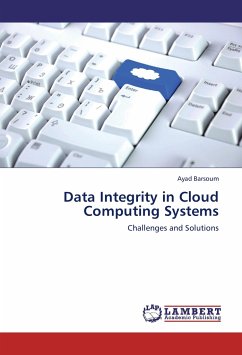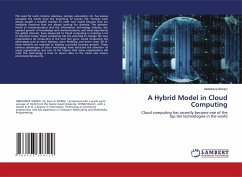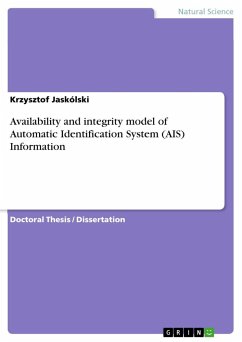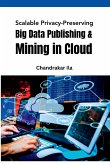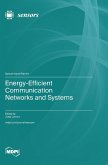In the current era of digital world, the amount of sensitive data produced by many organizations is outpacing their storage ability. The management of such huge amount of data is quite expensive due to the requirements of high storage capacity and qualified personnel. Storage-as-a-Service (SaaS) ooffered by cloud service providers (CSPs) is a paid facility that enables organizations to outsource their data to be stored on remote servers. Thus, SaaS reduces the maintenance cost and mitigates the burden of large local data storage at the organization's end. However, the fact that data owners no longer physically possess their sensitive data raises new challenges to the tasks of data condentiality and integrity in cloud computing systems. The condentiality feature can be guaranteed by the owner via encrypting the data before outsourcing to remote servers. As such, it is a crucial demand of customers to have a strong evidence that the cloud servers still possess their data and it is not being tampered with or partially deleted over time. In this book, the author addresses the problem of remote data integrity in cloud computing systems.

